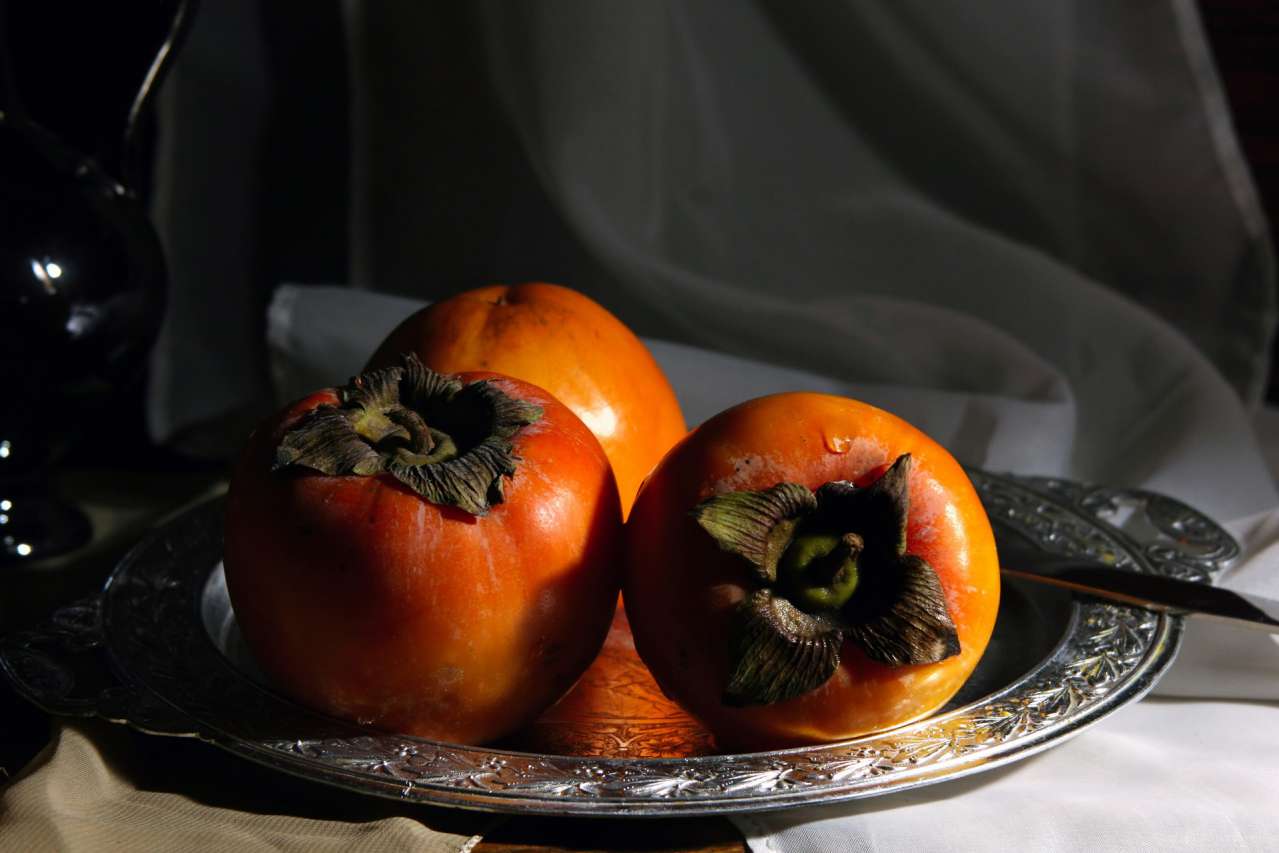The rich, cloyingly sweet, and at the same time tart taste of persimmon finds both its supporters and irreconcilable opponents.
What are the benefits of persimmon
Due to its low concentration of acids, persimmon also has a beneficial effect on the gastrointestinal tract in case of peptic ulcers, liver and kidney diseases.
Persimmons also contain dietary fiber, which should be present in a complete diet.
In addition, persimmon contains calcium, phosphorus, and iron.
Antioxidants such as vitamins A and C, as well as polyunsaturated fatty acids, have a beneficial effect on the skin, giving it firmness and elasticity, and also regulate sebum production.

Persimmon is one of the foods that help eliminate iodine deficiency in the body.
Frequent consumption of fresh persimmons will protect against early wrinkles, age spots, Alzheimer's disease, chronic fatigue and vision loss, and will also reduce the risk of heart disease.
How many persimmons can you eat per day
There are no categorical contraindications in this case, but you should not abuse the berry.
It is recommended to consume no more than 50–100 g of persimmon per day (this is on average half the fruit) and after consulting a doctor.









